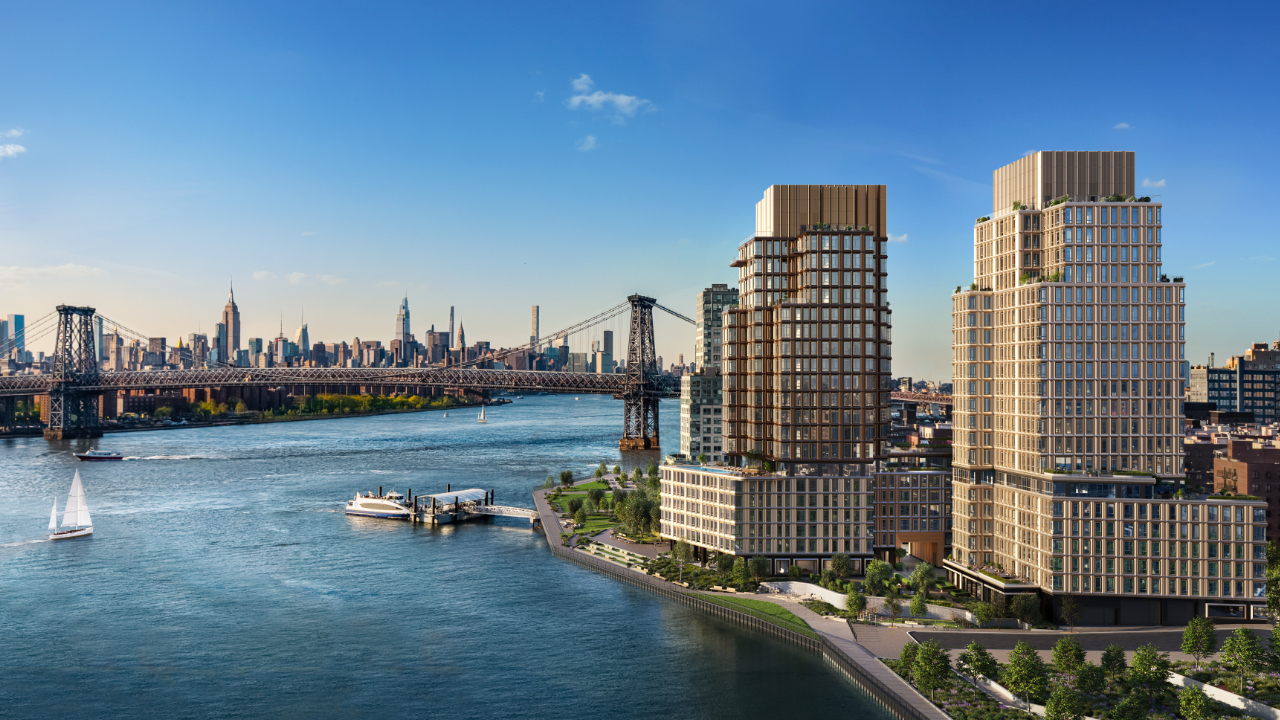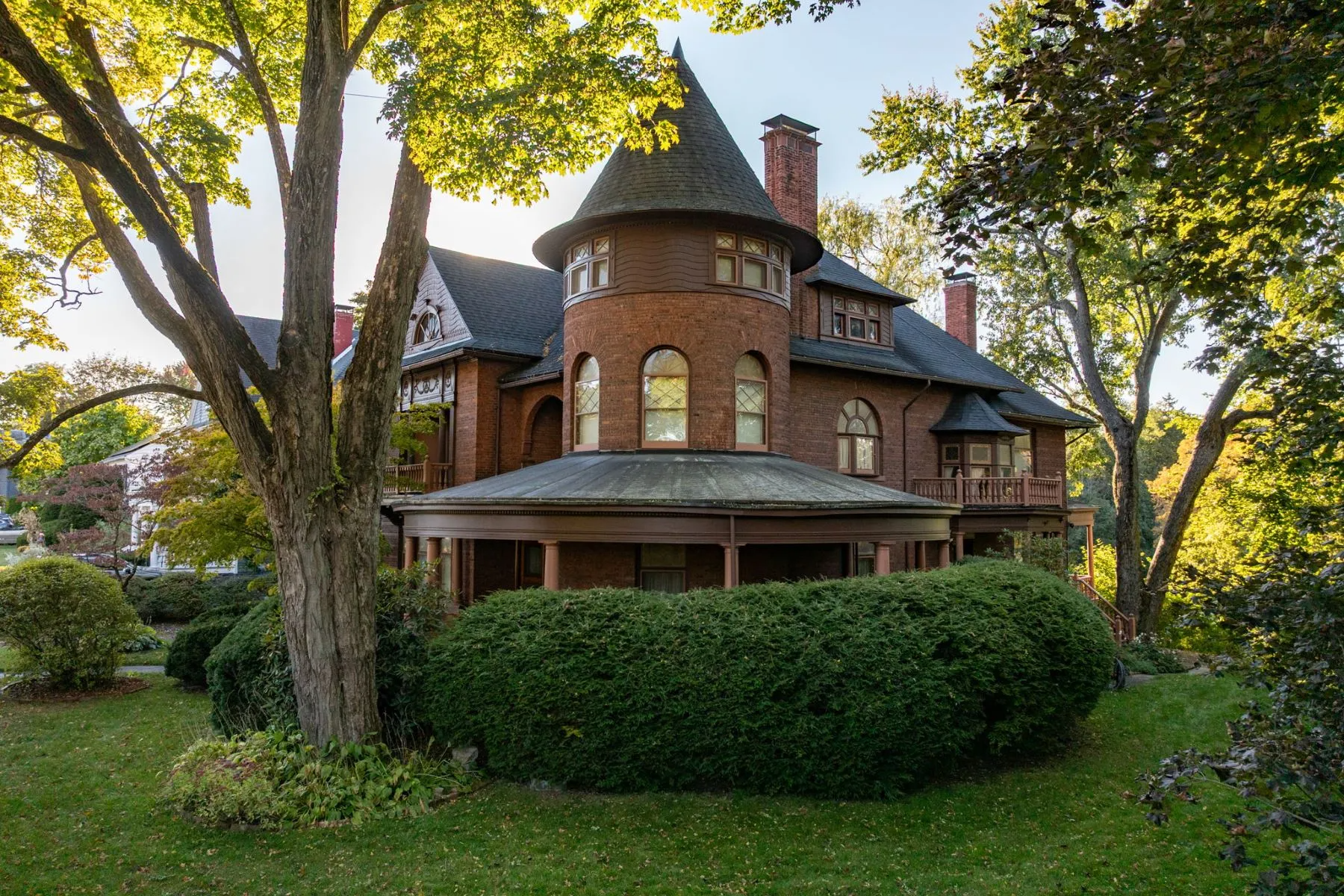Housing and Planning Groups Release new Study
The Citizen’s Housing and Planning Council and the Regional Plan Association have released a report that attemps to lay out a strategy to provide a balanced housing market for the metropolitan region. While the high cost of housing in the city can be interpreted as a sign of the value of living here, it also…


The Citizen’s Housing and Planning Council and the Regional Plan Association have released a report that attemps to lay out a strategy to provide a balanced housing market for the metropolitan region. While the high cost of housing in the city can be interpreted as a sign of the value of living here, it also poses a threat to the economic growth of the region, the authors mantain. Among their suggestions are: to promote growth in smaller cities like Newark and Yonkers, a focus on affordable housing preservation rather than development, and upzoning in certain districts linked to the preservation of open space in others. Also, the authors view a need for the coupling of transportation planning with residential development and a need to disassociate school financing with property taxes. Furthermore, they call on the government to offer below market loans and grants in order to promote home ownership.
The report is availbe on the CHPC website under the ‘publications’ link in the column on the right.





I’m just trying to point out that the subways wouldn’t be in such bad shape if we could use some of the $ for something besides union benefits. There’s little going for captial improvements. But that’s a separate problem
As far as rich people having the nicest views, that is part of life. People with the most money (or willingness to spend it) get the nicest (or at least most expensive) things. High-floor water views, Ashton-Martins, Nordstroms, etc. Trying to change that has always been counterproductive, creating shortages, black markets, poverty, etc. See NYC housing for a good example of that.
My point in saying that housing prices have fallen is to point out to you that “greedy” developers don’t have any special ability to raise or lower prices.
The essense of communism is the expansion of the state to try to control what would normally be the free choices of individuals. Sometimes we have to have rules and laws to protect people, but there is a mile of difference between protecting people from a robbery and forcing businesses and consumers to do counterproductive things.
And, if we are all really honest with ourselves, you can look at all of the government controlled or regulated housing and compare it to the grand old stuff, like the brownstones, etc, and see who we trust more to make nice things.
I can’t argue with you about the TWU or unions. But when I say resources I refer to the aging infrastructure, the subways, etc. I just can’t agree that planning groups are the problem. I think if developers had their way we would see nothing but hi-rise people warehouses for luxury tenants, taking the best and most beautiful areas of the City for the rich. Witness what’s happening on Brooklyn’s waterfront.
Most developers don’t seem to care nothing for the spaces they inhabit- their vision is strictly focussed on their projects. If prices are beginning to fall, you can’t say it’s because housing is too scarce. That doesn’t follow the laws of supply and demand. Granted the laws and rules are bizarre- but they go way back, way before communism was a twinkle in Marx’s eye. Too often people are willing to slap the commie name to a system of laws and rules that attempt ( with varying degrees of success) to address the issues. It also confuses the political history of the US and Russia with the social and economic intention of socialism.Name calling is easy- solutions aren’t. And what’s the alternative? Get rid of all the laws that are community oriented so that one group can do whatever they want? Personally, I’d rather be a commie than an anarchist.
Bx2Bklyn,
Developers can’t make housing more expensive. If they could, why stop there? And why let prices fall as they are starting to in many areas?
Whenever housing sells for far above it’s cost to create, as it does here, that is because groups like these above create a limited supply.
There’s a bizzare system of rules, requirements, and incentives that these commies have erected to the property business here and we pay dearly for that. The fact that developers try to take advantage of that is just another argument for ending it completly.
The city resources are failing because they are dominated by unions that take the money for their memberships. Witness the lass incident with the TWU. “Surplus you say? Give it to us or we shut you down!”
It seems we have nothing but bad choices but the truth is that we really do need some sort of planning because the CIty has public resources it depends on to run, and they are for the most part old, failing, limited or overutilized. Allowing developers to do whatever they want, whenever they want is a huge mistake and the fact is they make housing expensive, not the RPA and CHPC, because they do nothing but build luxury housing. The market is a greedy thing- it always wants more money- ergo, rising prices. Good city planning is protective of resources. Housing gets more expensive because it is market driven. The only thing that will work is a balance between the two. Good planning can hopefully force developers to be more responsible in their rush to make money. Recently the news reported that developers had taken millions in tax abatements on their promise to build a certain percentage of affordable housing. Few if any kept that promise- they took the money and ran.
Oh, and Brazil is a great movie about the future where government commities and unions take over everything. To get anything done, you need to then break the law. To get your plumbing fixed you need to get an underground plumber, who comes by at the dead of night…
I think you’re being pretty naive if you think that 99% of these rules and planning organizations do anything positive for anyone.
It’s a big leap of faith to go from thinking that we need laws against murder to think that we need organizations to decide how tall buildings can be and where they should be placed.
It’s an even bigger leap of faith to think that they would be successful at doing this. All they really succeed at is making housing more expensive.
Iceberg,
You’re right that we wouldn’t need so many rules and enforcement if everyone had a great sense morality. But here in the real world (and especially in NYC!), not everyone does have such great morals.
Just because Putnam Denizen is not as naive as you are does not mean that he is immoral.
Hey Iceberg, long time no see! Back from your trip to Liberteria? Did your plane crash again like last time since Liberteria doesn’t control when and where planes land, but just allows them to do whatever the market allows? And how about that food? I hear that even though they don’t have an FDA there to keep out poisons from the food supply the market is working things out by killing off all the customers too stupid or poor to pay for healthy food. And hey that has to be better than actually setting minimum standards for health, construction, or even (gasp!) zoning. A strip mine next to a school – whatever, just let the market decide. Cause we are just too stupid to value anything but short-term personal profit. Setting community or regional goals after extensive research and investigation – no that’s not for us. That is SOCIALISM.
Welcome back, babe, we’ve missed you.
I think they’re mostly on the ball. Rising prices of home ownership will definitely hurt the city in the long run. Rising rents will as well. I’m not sure how preservation works better than development in lessening prices, because lack of supply results in higher prices to meet the demand, right?
And I have no idea what Josh is talking about.